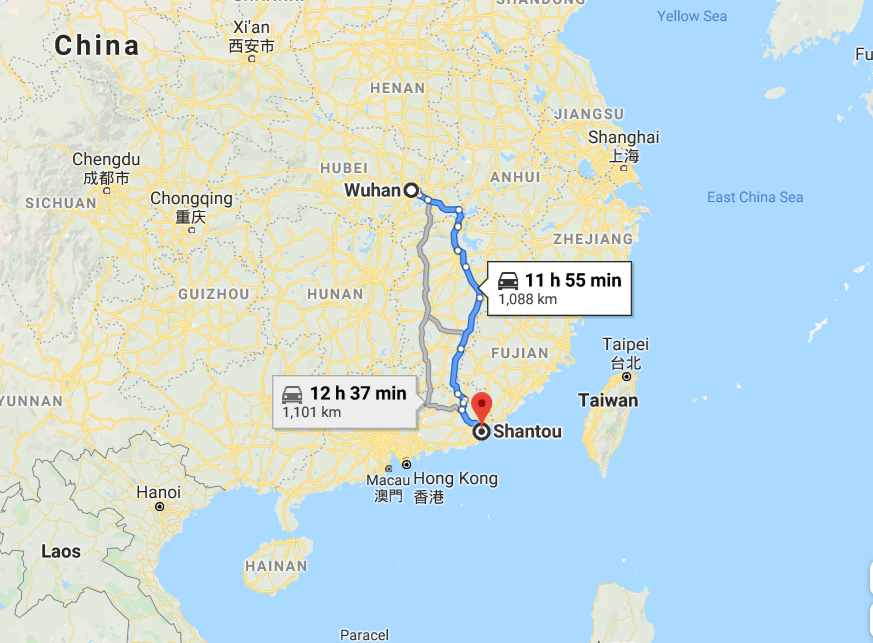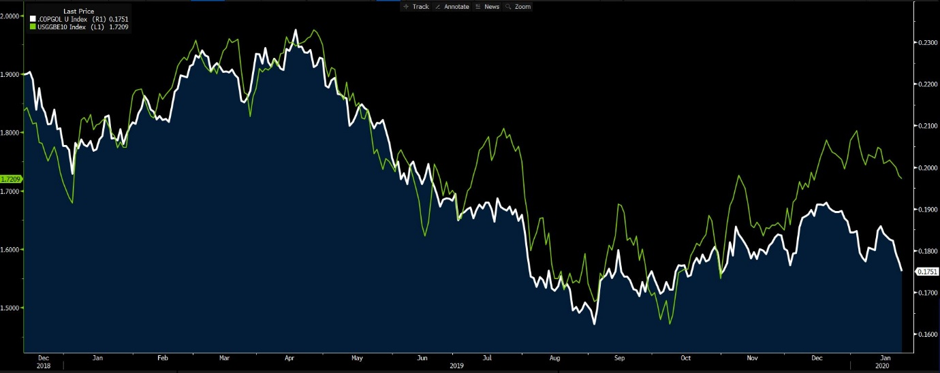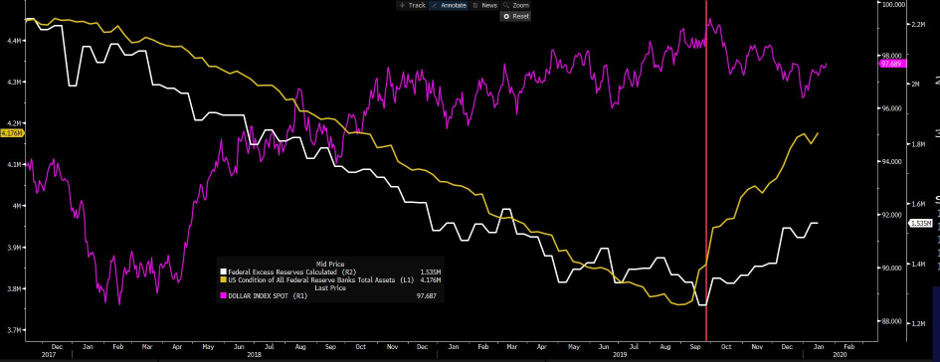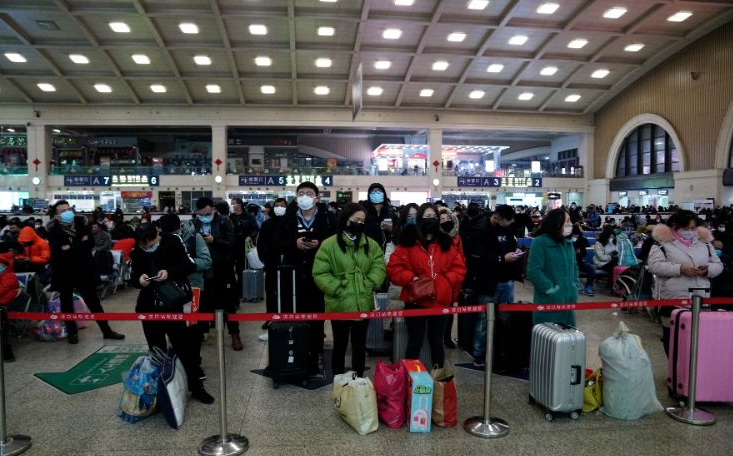“The virus’s ability to spread seems to be getting somewhat stronger”

China’s National Health Commission Minister Ma Xiaowei today said the incubation period for the virus can range from one to 14 days, and the virus is infectious during incubation, which was not the case with Severe Acute Respiratory Syndrome.
“According to recent clinical information, the virus’s ability to spread seems to be getting somewhat stronger,” Ma told a media briefing.
He warned that containment efforts will be intensified.
China has now announced that going forward there will be daily briefings at 9 am Beijing time. That’s 0100 GMT or 8 pm in New York.
The WHO repeated on Sunday that it has not yet declared the virus to be a global emergency.
Separately, researchers are debating on what to name the coronavirus. While it’s being simply labeled as ‘coronavirus’ colloquially, that’s a scientific term that’s used for a type of virus. The interim name is novel coronavirus (2019-nCoV) in scientific communities. Many are pushing to name it Wuhan coronavirus but the WHO discourages including place names so they might call it SARS-2. Colloquially, I don’t think that name will work and I suspect that something like the ‘Wuhan flu’ will win out in the general public.






